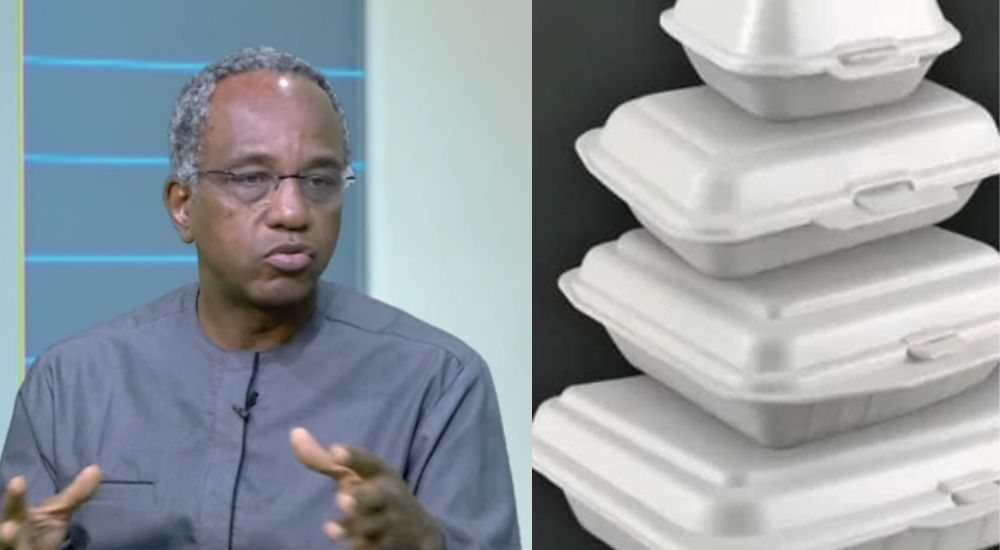Poor Implementation Of Lagos Ban On Single-Use Plastics Could Become Public Health Risk, Doherty Warns
The 2023 Lagos State guber candidate of the African Democratic Congress (ADC), Funso Doherty, has warned that poor implementation of the recent ban on single use plastics by the state government could become a public health risk.
Recall that the Commissioner for Environment and Water Resources, Tokunbo Wahab, had on January 21 announced the ban on the use and distribution of styrofoam and other single use plastics in the state with immediate effect.
Advertisement
But reacting to the ban in a letter dated January 28 and addressed to the Commissioner, which was obtained by THE WHISTLER on Tuesday, Doherty said that it is not clear what the ban encompasses, adding that globally, the definition of single use plastics is subject to local interpretation.
He maintained that before instituting a ban, Lagos government must provide clarity and locally relevant guidance on what is covered to enable compliance and to avoid exploitation of citizens by enforcement agencies.
The chartered accountant noted that in the absence of potable water in many parts of the state, satchet water, popularly called ‘pure water’ is filling a critical gap for drinking water for millions of citizens.
Doherty emphasized the need for practical and realistic plans to be developed for a phased transition.
Advertisement
“With respect to ‘other single-use plastics’, there are a number of concerns.
“First, it is not clear what the ban encompasses, as even globally, the definition of single use plastics is subject to local interpretation. Before instituting a ban, LASG must itself have and must provide clarity and locally relevant guidance on what is covered to enable compliance and to avoid exploitation of citizens by enforcement agencies. For example, how does this affect water satchets (“pure water”), PET bottles and other material which are in wide, daily and ubiquitous use,” the politician said.
“Practical and realistic plans have to be developed for a phased transition to the desired state that prioritizes dealing first with the least useful and most harmful of these substances, bearing in mind the local realities. In the absence of potable water in many parts of the State, for example, satchet water is filling a critical gap for drinking water for possibly millions of citizens at a cost they can cope with. If not carefully dealt with, poor implementation could itself become a public health risk and hazard.”
Following a meeting with representatives of the Manufacturers Association of Nigeria (MAN) and Restaurant and Food Services Proprietor Association of Nigeria (REFSPAN), the state last week offered three weeks moratorium to producers and distributors of styrofoam, after which, full enforcement will commence.
Speaking on this, Doherty said: “On styrofoam, it is commendable that the State has conceded to give some very limited time to the small and vulnerable individuals and small businesses especially in the food service value chain who may use these products in their business to enable them work through their stock on hand. This approach is fine for the Styrofoam element of the ban which should be implemented quickly.”
Advertisement
He called for public enlightenment programs aimed at behavior change in waste disposal practices as well as effective recycling strategies.
“Going forward, the extent to which design choices in constructing drains and channels can mitigate waste-clogging issues should also be considered,” Doherty added.



